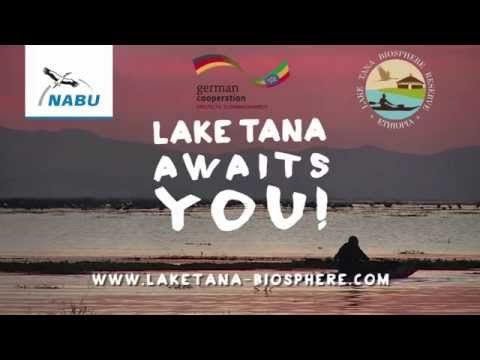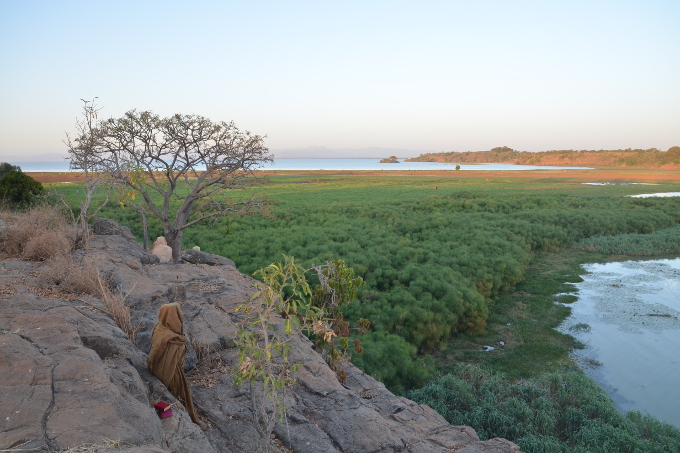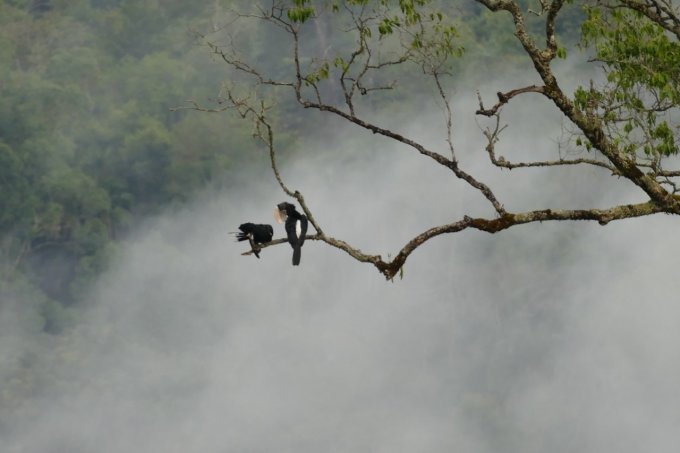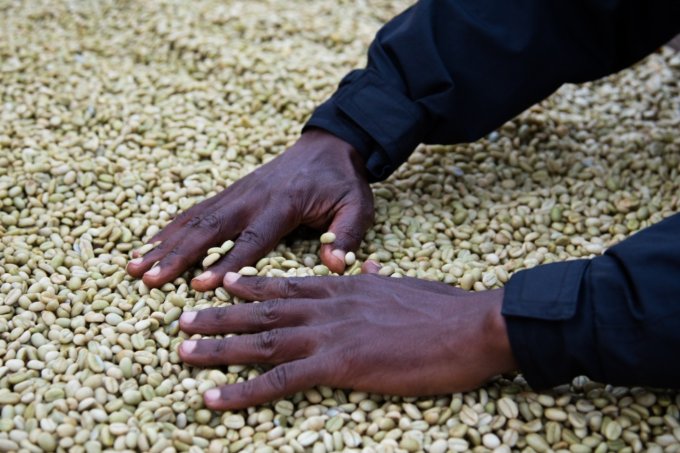Lake Tana
Protecting and developing the Lake Tana region - completed project
NABU working in close cooperation with the Ethiopian government, the Michael Succow Foundation, many other local partners and organisations as well as with local communities, is supporting the protection of the unique environment around Lake Tana and promoting sustainable development in the region. more →





